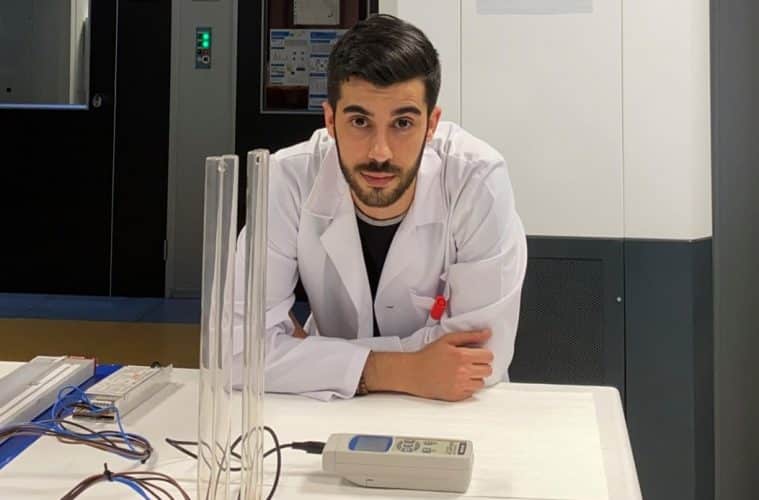Alberto Zurro, energy technology specialist at INFINITIA, defines engineering as “the ability to understand the world and improve it”. With references such as the Max Planck Nobel Prize in Physics, in 2012 he began his studies in Chemical Engineering at the University of Zaragoza. At the age of 4, he moved to Vienna for an Erasmus program while working at the Technical University of Vienna on a membrane research team for selective permeation of natural gas.
With more desire to learn fundamental chemistry, in 2018 he studied the Master of Technology and Chemical Science at UNED while interning at INFINITIA. Thus, after a year focused on other professional areas, in 2020 he joined the company’s Product Development team. It was at that time when Zurro became interested in particle and high-energy physics. For this reason, he decided to train in the Master’s Degree in Plasma, Laser and Surface Technologies, carried out between the Polytechnic University of Madrid, the University of Cordoba, the Spanish National Research Council (CSIC) and the Institute of Materials of Seville. He is currently studying the interuniversity master’s degree in Hydrogen Technologies at Mondragon University.
However, during his entire professional career, one special project stands out. While trying to change the chemical composition of some polymers for packaging at INFINITIA, they found a recipe that changed their optical properties. “They were transparent to deep ultraviolet light,” he recalls. “Given that there are practically no polymers that have this behavior, it was quite a surprise, but they already say that great discoveries appear unexpectedly or when you’re not looking for them,” he adds.
In this field, his functions consist of making use of chemistry, physics and engineering to obtain useful and profitable applications for companies. In this way, Zurro works in the fields of catalysis, electrochemistry, plasma and UV radiation -among other things- to achieve sustainability and circular economy objectives, water, air, surface and advanced materials treatments.
Zurro looks to Planck for its “disruptive” and “counter-intuitive” way of understanding the world by “laying the foundations of quantum physics”. However, he also highlights the qualities of the Spanish physicist and popularizer Javier Santaolalla. He highlights his figure for teaching “how important” it is to do science and “knowing how to transmit it in the right way to society to make it participate”, as well as for his contributions to CERN, the European Organization for Nuclear Research.
In this line, Zurro concludes with a hopeful goal for R&D and engineering. He hopes that they will be pioneers in the coming decades because the world “needs solutions to thousands of technological challenges” and what these branches do is “provide value” and “answers”.





